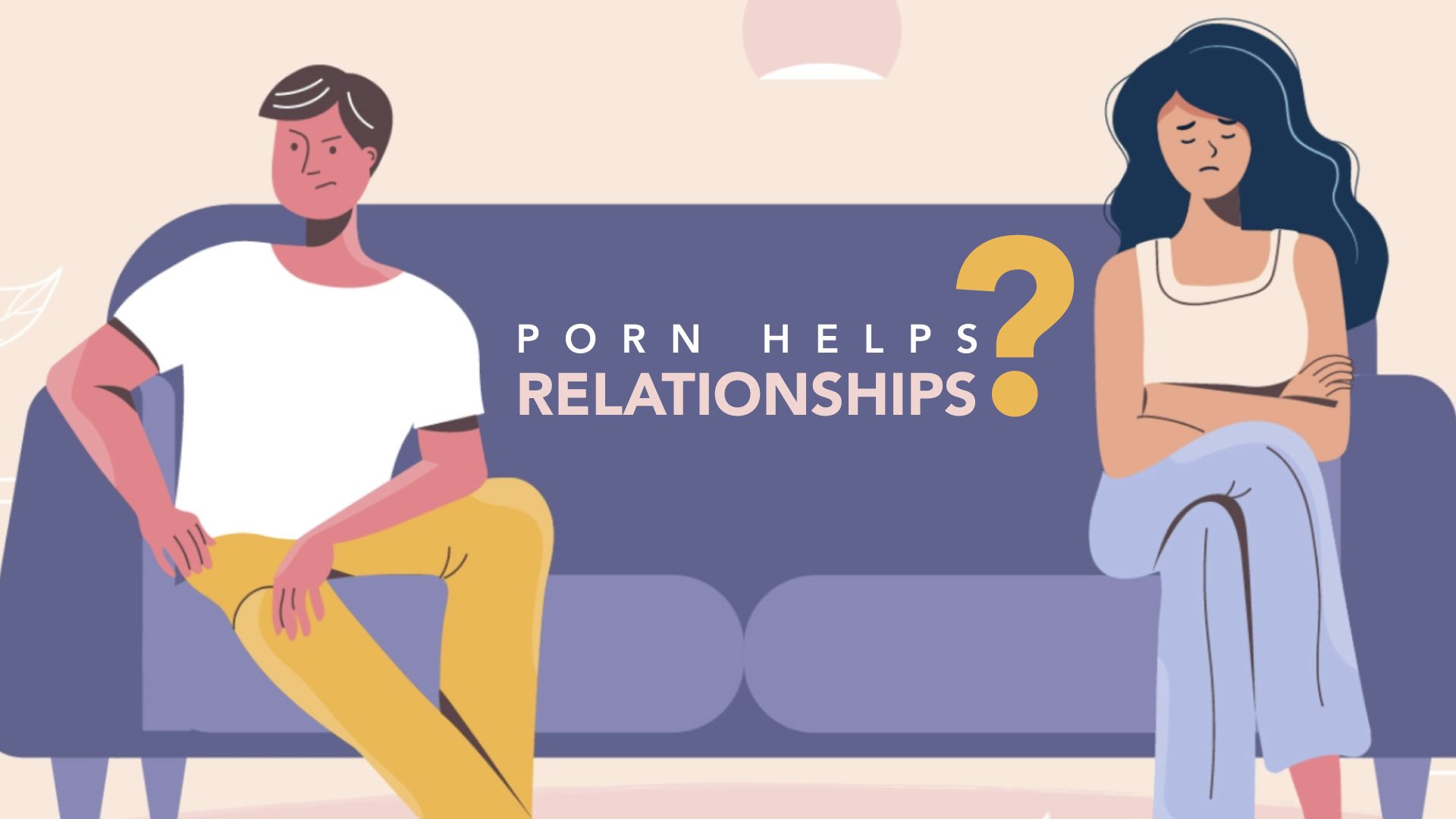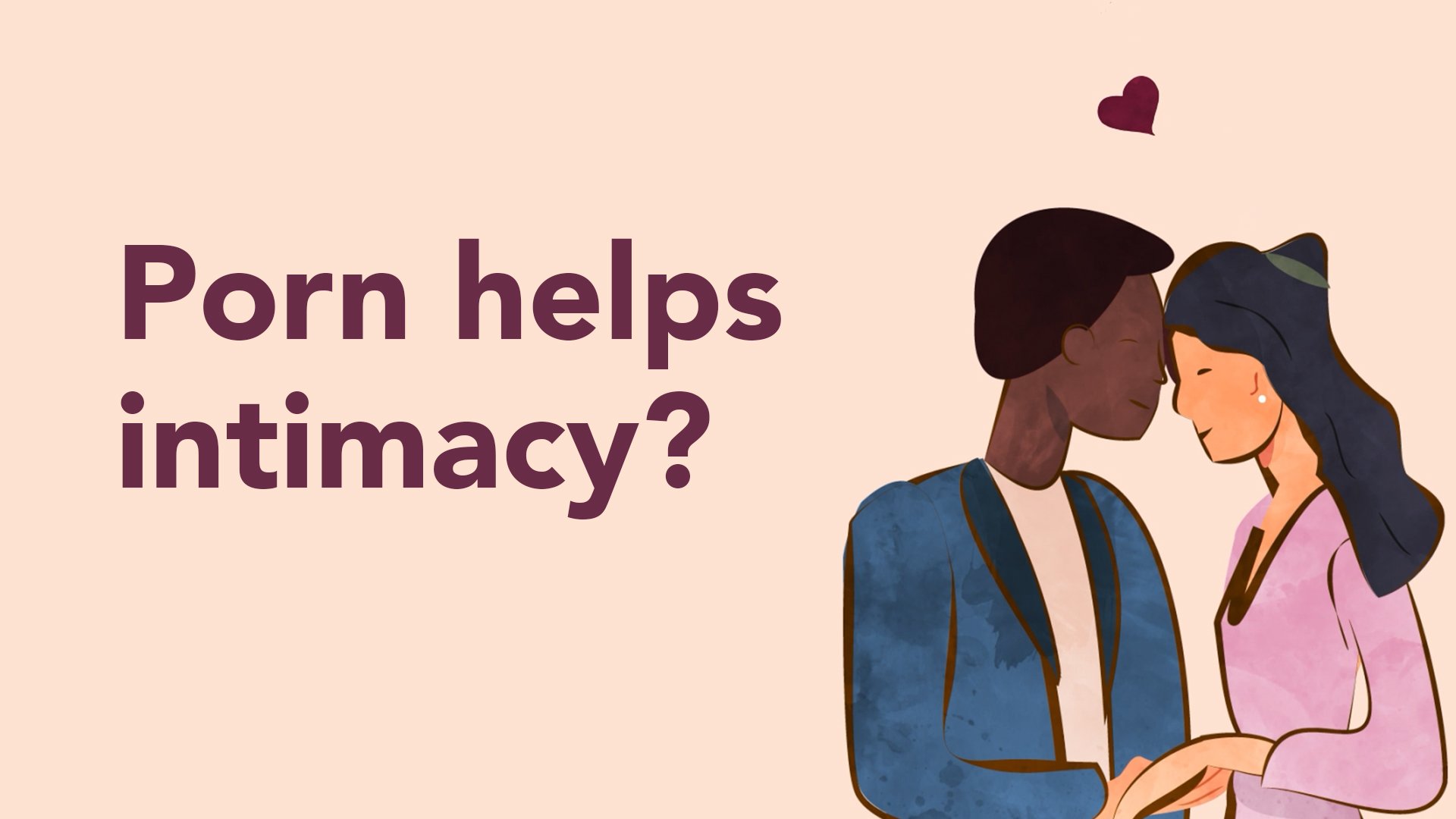You’re in a conversation and someone says “Porn is just harmless entertainment.”
What would you say?
Often, people describe pornography as an expression of personal freedom, or just a bit of harmless and innocent fun.
But is that true? Is porn just another way to relax?
The next time someone tells you pornography is just entertainment, remember these three things.
1. Porn increases loneliness. Lonely people sometimes turn to porn for help, but it doesn’t help their problem. It makes it worse.
2. Porn rewires the brain. Like drugs. The chemical that makes us feel good also changes our brains in ways that aren’t good.
3. Porn ruins healthy appetites. Variety is what makes porn appealing over time. And that pursuit of variety creates an interest in things no one should be interested in.
You’re in a conversation and someone says “Porn is just harmless entertainment.” What would you say? Often, people describe pornography as an expression of personal freedom, or just a bit of harmless and innocent fun. But is that true? Is porn just another way to relax? No. And here are three reasons why. Porn increases loneliness A 2018 study of 1,247 participants found a clear correlation between pornography use and loneliness. Not only do lonely people use porn more often, but pornography use increases loneliness. In other words, the research suggests that porn is part of a cycle where the thing we turn to in order to feel less lonely ends up making the problem worse. Porn rewires the brain. Like drugs. The human brain responds to sexual stimulation with a chemical called dopamine. Dopamine not only makes us feel good, it programs the brain to remember where the good feeling came from and encourages us to repeat the behavior. The more we do something that produces dopamine, the stronger the desire to do it becomes. This is what scientists mean when they talk about the brain being rewired. Behaviors that produce dopamine physically change the structure of the brain and foster desires that didn’t previously exist. Which leads to the third point. Porn ruins healthy sexual appetites. Like certain illicit drugs, pornography provides our brains with unnaturally high levels of dopamine. As a result, when natural sources of pleasure don’t create the same response as unnatural sources of pleasure, we are left deeply unsatisfied. This is why porn users often struggle when it comes to real relationships. They may not know it, but they’re looking for a dopamine “hit” that real relationships can’t provide. Drug users enjoy drugs because of the high they get. But they soon need more drugs, or stronger drugs, to achieve the same high. Something similar happens with porn, but with porn, people don’t need a greater quantity, they need a greater variety. This is why porn users who were once content with nudity and sex often develop appetites for increasingly aberrant and even violent kinds of porn. Psychiatrist Norman Doidge explains it this way. “When pornographers boast that they are pushing the envelope by introducing new, harder themes, what they don’t say is that they must, because their customers are building up a tolerance to the content.” And, compulsive porn consumers often find themselves needing porn even though they no longer like it. They find themselves desiring things they hate and are sometimes unable to say no. That’s not entertainment, and that’s not harmless. That’s prison. So next time someone tells you pornography is just entertainment, remember these three things. Porn increases loneliness. Lonely people sometimes turn to porn for help, but it doesn’t help their problem. It makes it worse. Porn rewires the brain. Like drugs. The chemical that makes us feel good also changes our brains in ways that aren’t good. Porn ruins healthy appetites. Variety is what makes porn appealing over time. And that pursuit of variety creates an interest in things no one should be interested in.



.jpg)

